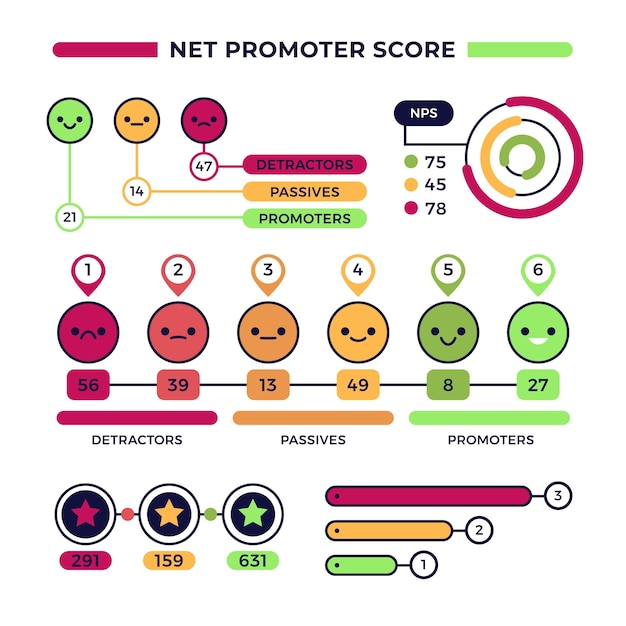
The Power of Question Words: Unleashing the Secrets of Who, What, Where, When, Why, and How
Question words play a vital role in our daily communication, enabling us to gather information, seek clarification, and deepen our understanding of the world around us. These simple yet powerful words allow us to explore the depths of knowledge and satisfy our curiosity. In this article, we will dive into the world of question words, unravel their meanings, and uncover their significance in our lives.
1. Introduction to Question Words
Question words, also known as interrogative words, are used to form questions and seek specific information. They are essential in various contexts, including conversations, interviews, surveys, research, and problem-solving. By using question words, we can elicit desired answers and engage in meaningful discussions.
Let’s explore the six primary question words:
| Question Word | Meaning | Example |
|---|---|---|
| Who | Asks for a person’s identity or role | “Who is the author of this book?” |
| What | Asks for information about something | “What is your favorite color?” |
| Where | Asks for a specific location or place | “Where did you go on vacation?” |
| When | Asks for a specific time or date | “When is the meeting scheduled?” |
| Why | Asks for a reason or explanation | “Why did you choose this career path?” |
| How | Asks about the manner or method of doing something | “How can I improve my writing skills?” |
2. Exploring the Meanings and Usage
Now, let’s delve deeper into the meanings and usage of each question word:
a) Who
The question word “who” is used to inquire about a person’s identity, role, or involvement in a particular situation. It helps us understand the individuals behind an action or event. “Who” can refer to both singular and plural subjects.
Example questions using “who”:
- “Who won the Nobel Prize for Literature this year?”
- “Who is the CEO of this company?”
b) What
“What” is a versatile question word that asks for information about something. It can refer to objects, actions, events, ideas, or qualities. By using “what,” we can gain knowledge about a specific subject or seek clarification.
Example questions using “what”:
- “What is the capital of France?”
- “What are your plans for the weekend?”
c) Where
“Where” helps us inquire about a specific location or place. It is commonly used to seek directions, ask about destinations, or initiate discussions about geographical locations.
Example questions using “where”:
- “Where is the nearest supermarket?”
- “Where did you grow up?”
d) When
The question word “when” is used to ask about a specific time, date, or period. It allows us to schedule events, make arrangements, and understand the chronological order of actions or occurrences.
Example questions using “when”:
- “When is your birthday?”
- “When did the concert start?”
e) Why
“Why” helps us seek reasons, explanations, or justifications for certain actions, decisions, or events. It enables us to understand the motivations and underlying factors behind various situations.
Example questions using “why”:
- “Why did you choose to study medicine?”
- “Why is the sky blue?”
f) How
The question word “how” is used to inquire about the manner or method of doing something. It allows us to gain insights into processes, procedures, or techniques. “How” questions often prompt detailed explanations.
Example questions using “how”:
- “How do you bake a chocolate cake?”
- “How can I learn to play the guitar?”
3. Using Question Words Effectively
Asking questions using question words requires more than just memorizing their meanings. To use question words effectively, consider the following tips:
a) Be Specific
When asking questions, be as specific as possible. Use question words to target the information you need. This helps the person answering to provide a precise and relevant response.
For example:
- Instead of asking “What do you like?”, ask “What is your favorite type of music?”
- Instead of asking “Who is coming?”, ask “Who are the keynote speakers at the conference?”
b) Use Open-Ended Questions
Open-ended questions encourage detailed responses and promote meaningful discussions. Instead of asking questions that can be answered with a simple “yes” or “no,” use question words to elicit comprehensive answers.
For example:
- Instead of asking “Did you enjoy the movie?”, ask “What aspects of the movie did you find most enjoyable?”
- Instead of asking “Have you traveled abroad?”, ask “Where have you traveled, and what were your favorite destinations?”
c) Listen and Respond
When someone answers your question, actively listen to their response. Engage in a conversation by asking follow-up questions or expressing your thoughts on the topic. This demonstrates your interest and encourages further discussion.
d) Consider Cultural Context
Question words may have different connotations or usage patterns in various cultures and languages. When interacting with individuals from different cultural backgrounds, be mindful of any cultural differences and adjust your approach accordingly.
4. Conclusion
Question words are the key to unlocking knowledge, discovering new ideas, and fostering meaningful connections with others. By mastering the art of asking questions, we can expand our horizons, deepen our understanding, and embark on a journey of lifelong learning. So, embrace the power of question words and let curiosity guide you towards endless possibilities!






